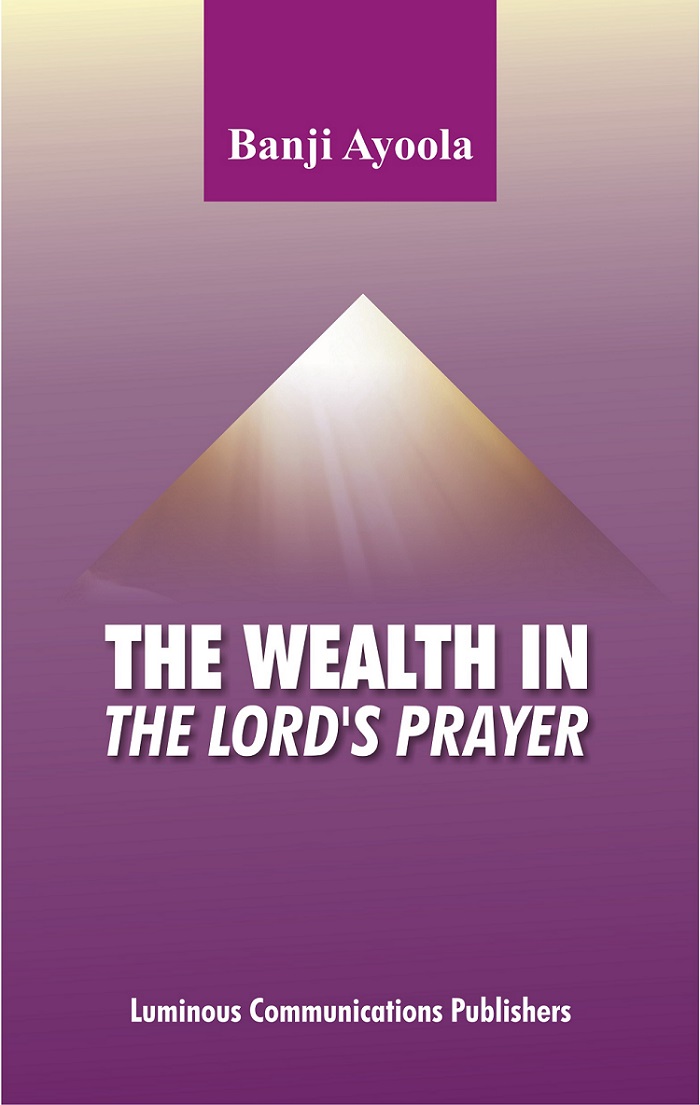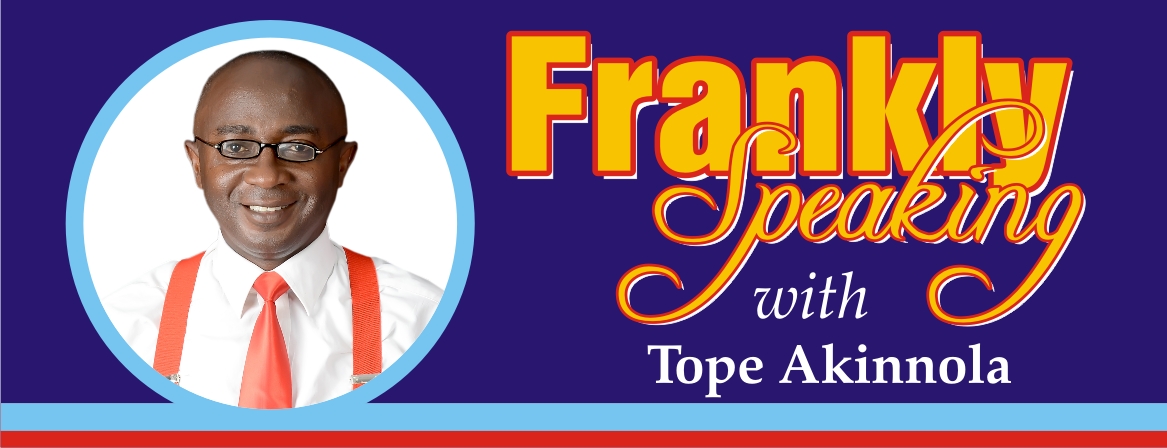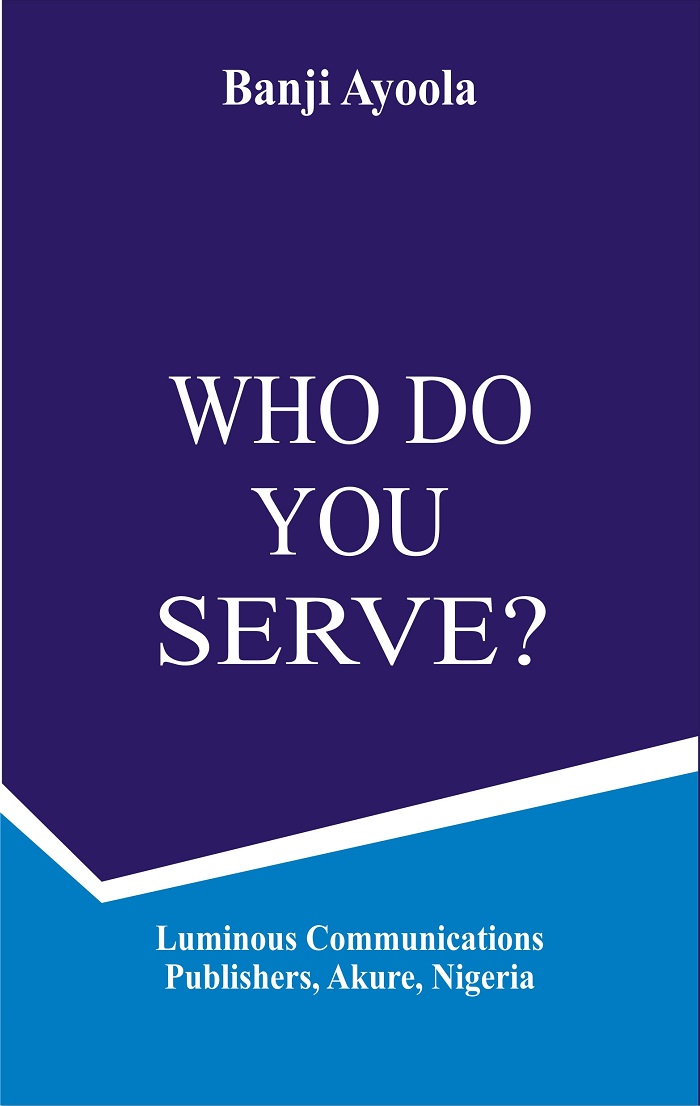
Within the last few days, President Donald Trump set up in the flames the Iran nuclear deal, another signature achievement of President Barack Obama, in a political decision designed to spite or mock America’s first black President more than the intellectual or logical superiority of the reasoning or argument behind Trump’s move. That is aside the fact that his son-in-law Jared Krushner is Jewish, and his daughter Ivanka is converted to Judaism, thereby consolidating his friendship and political alignment to President Benjamin Netanyahu, the aggressive Jewish leader who has also vehemently antagonised the deal.
For the records, in 2015 Iran agreed to a long-term observable and measurable deal on curbing its nuclear programme with what is called the P5+1 group of world powers which include the US, the UK, France, China, Russia and Germany ‒ all permanent members of the United Nations Security Council except Germany. The European Union as a body was also part of the deal. And if you would remember that, before then, there were years of regional turbulence, tension and rumours of war here and there as a result of Iran’s steps to develop a nuclear weapon, seen not only as a serious threat to stability in the Middle East, but also as a potential causal factor to increase international terrorism.
Though Iran stood its ground that its nuclear programme was meant for peaceful purposes, the international community believed it not, for good reason, considering Iran’s antecedents. And with the Iran nuclear deal, also called the Joint Comprehensive Plan of Action going into force, all United Nations, EU and US unfavourable political and economic sanctions against the ancient Persian nation were lifted.
With the current step of Mr. Trump, comprehensive economic sanctions are going to be reinstated against Iran by the US to cripple its economy and its future military capabilities; though without the support of the other world powers and the EU who were signatories to the Iran nuclear deal, the effects of the American bullying tactics could be minimal.
But in order to ensure that the new American agenda works, Trump’s new national security advisor, war hawk John Bolton, has threatened that EU countries doing business with Iran must stop any dealings with the beleaguered nation within six months (and that no new contracts should be solicited or signed under any circumstance), or they themselves would face hard consequences in form of economic and political sanctions from the US.
In other words, Trump is calling the bluff of America’s European allies, showing deep West braggadocio, and believing his intimidation tactics will cower them into obedience like when a school principal commands his pupils. These European allies amongst others include France, Britain, and Germany which is the EU’s strongest economy and one of Iran\’s biggest trading partners. In fact, in 2016 alone, German exports, based on records from the Ministry of Finance in Berlin, rose to 2.6 billion euros, an increase of 26 per cent over the preceding year. Indirectly, Trump also wants to curtail the wings of Angela Merkel, the German Chancellor, and a close friend of President Barak Obama. In addition, he wants a head-on confrontation with Emmanuel Macron, the younger but wiser French leader, who has summoned the courage to look Trump in the eyes in the past and told him point blank that he was wrong.
Already, Russia, China, Britain, France, Germany, as well as the EU have found fault with Trump\’s unilateral judgment to withdraw from the nuclear deal. In fact, Macron has almost immediately stated that without the US, the Iran nuclear pact will still stand. Iran has also stated its willingness to cooperate with other world powers in the curbing of its nuclear capabilities. That implies that the monitoring mechanisms of Iran’s nuclear programme established under the Joint Comprehensive Action Plan will still continue. The International Atomic Energy Agency (IAEA) will through inspectors still continue to ensure that the uranium enrichment programme of Iran does not exceed the limits that the pact provides, limits that will not permit Iran to acquire nuclear capability within 10 years, after which there will be of course a review and evaluation of the entirety of the pact.
And if Iran breaks any part of the entire pact, that is, if Iran\’s enrichment capacity, enrichment level and stockpile violates the terms of the pact, the country would face stern and unpalatable repercussions from the world powers. So far, there is no concrete evidence that Iran has cut corners or violated the aforementioned terms and other terms of reference in the nuclear pact. And Iran is still held bound by IAEA procedure which possesses enhanced access by modern technologies to ascertain, evaluate or clarify past and present issues regarding its nuclear arms programme.
Iran knows the consequences of bailing out of the nuclear pact from its experience of ignoring the concerns of the international community. For instance, the sanctions that were formerly imposed by the UN, US and EU in an attempt to force Iran to halt uranium enrichment crippled its economy, costing the country more than $160bn (£118bn) in oil revenue from 2012 to 2016 alone.
And Iran knows the benefits of obeying the terms of the pact: for instance, after the nuclear deal became operational, Iran gained access to more than $100bn in assets frozen overseas, and was able to resume selling oil at the international markets, using the global financial system for trade.
Any attempt by Iran to fail to obey the terms of the pact will resume the harshest of energy and banking sanctions and conditions that can cripple the nation, aside the fact that the nation itself could be invaded in order for its nuclear enrichment sites to be destroyed (because of the existential threat it poses to Israel, Saudi Arabia and other nations) plus the occupation of foreign forces on its soil. These are the possibilities.
So, what is Trump’s argument by the way? The American President says that the Iran nuclear deal is one-sided, that it’s a very bad deal, though he will not expatiate or give details of what he means by a bad, one sided deal. Perhaps he wants to take a giant share of trading profits in any nuclear pact with Iran. Remember, Germany’s trading volume with Iran is about 4 billion dollars at the moment. Trump won’t mind to snatch that; plus perhaps build some money-raking golf courses there!
Also, he said that the nuclear pact with Iran does not stop Iran from developing its ballistic technology. Truly, Trump has a point with regard to that. And all cheers to him for this very important observation. Without nuclear capabilities, but with a highly developed ballistic technology, Iran can still be a threat to destabilise the Middle East. Apart from that threat, may God forbid that a highly developed ballistic technology gets into the hands of terrorists, which will be devastating.
But Trump has also conveniently forgotten that there is an existing UN ban on the import of ballistic missile technology into Iran, which will also remain in place for up to eight years as part of the parameters for the Joint Comprehensive Plan of Action regarding Iran\’s nuclear programme. And if Iran has violated this, then all kudos to Trump.
If, nevertheless, there is no evidence that Iran has violated this, then America’s recent bold step is nothing but imprudent. If the initial ban of eight years expires, then America can propose a new regime of restrictions based on empirical evidence that Iran still poses a threat, which is still likely to be the case, considering Iran’s war game in Syria at the moment.
This is nothing like the Paris Climate deal that Trump also pulled America out of.
This is in a sense a test of American exceptionalism, a test of how one nation with a leader who is unpredictable, could hold other world powers hostage to its whims and caprices. On the Iran nuclear deal, Trump may as well turn out be out-performed with better logic. Time will tell.







